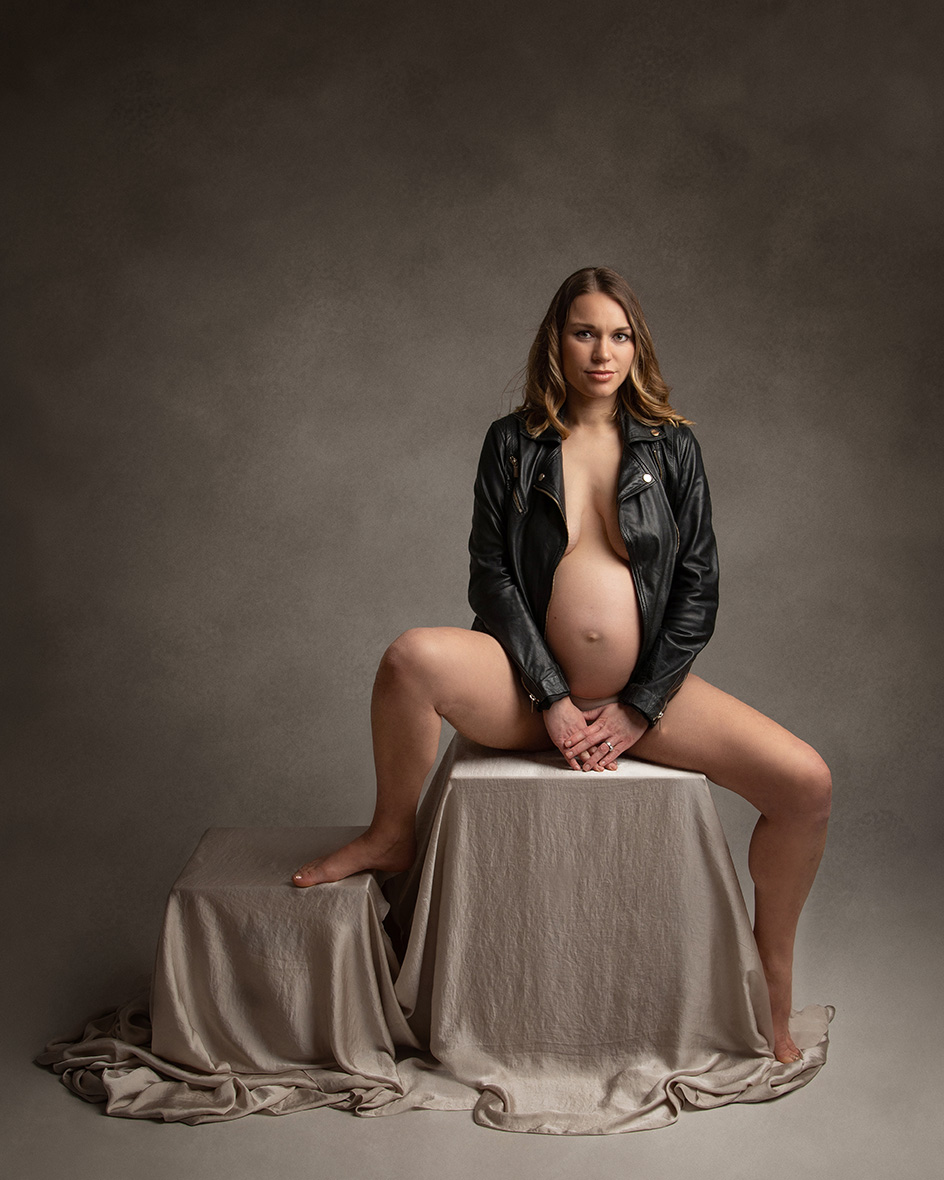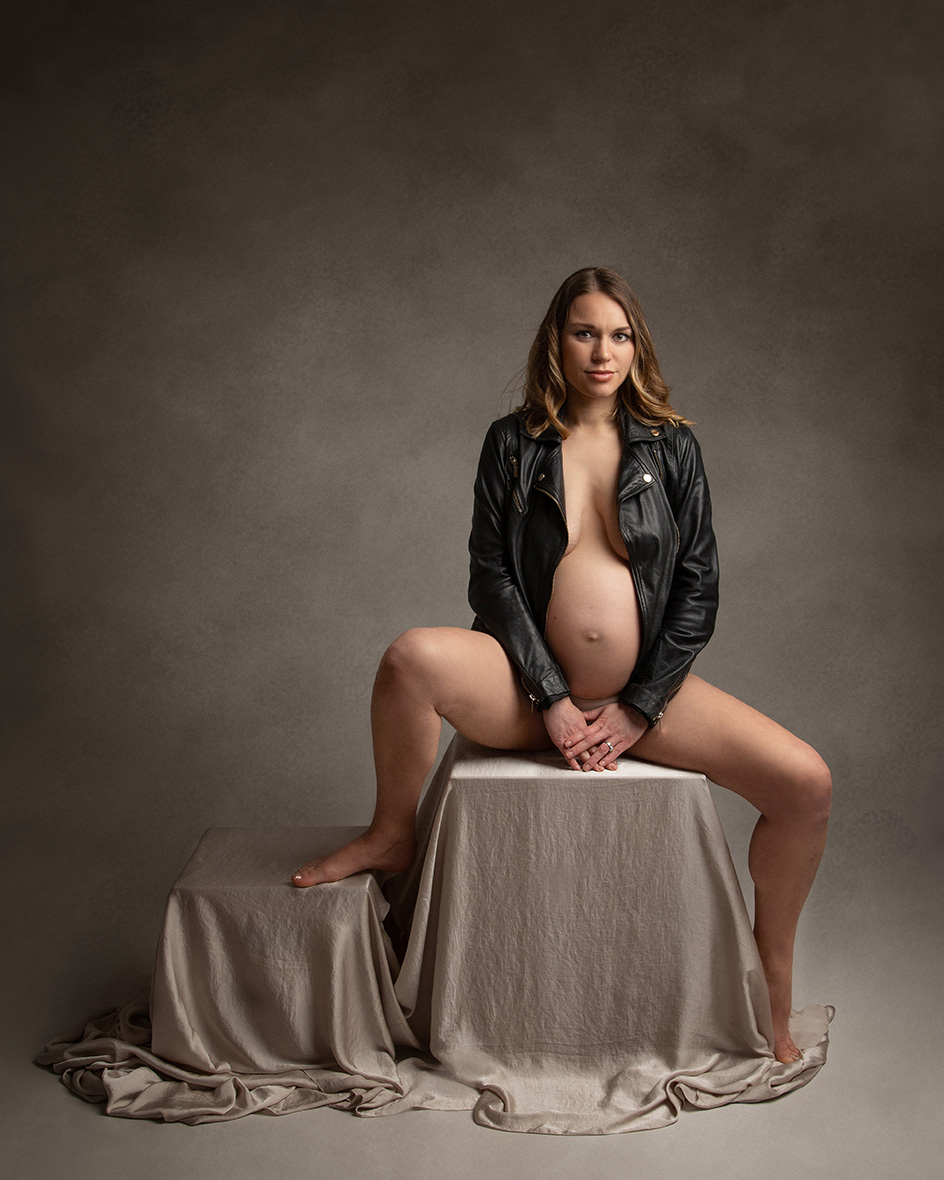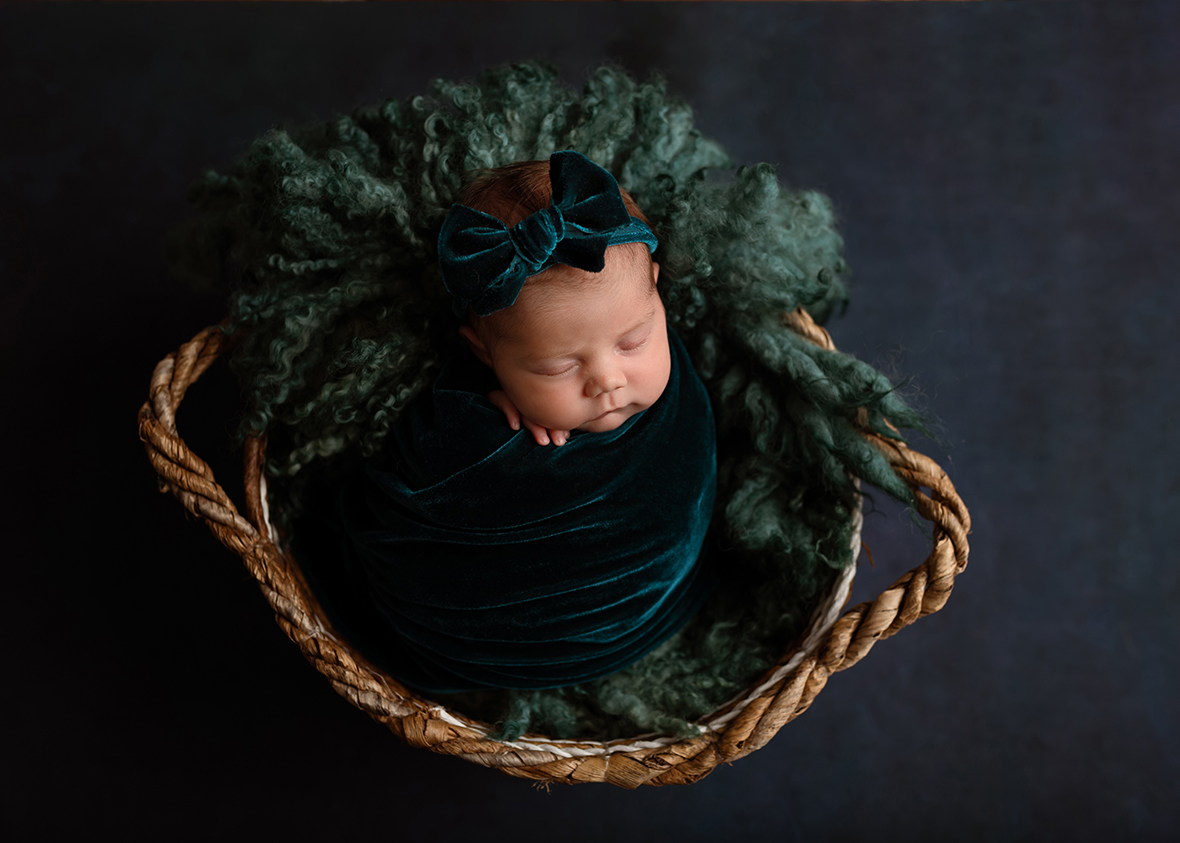
So, you’ve decided to breastfeed your baby.
You’ve overcome the first few hurdles of getting them to latch on comfortably and being happy they are getting enough milk. You’re confident that they are nice and settled between feeds.
Which is awesome!
You’ve found a comfortable position to feed in and you’ve probably mastered the ability to multi-task during a feed (reading a book, playing games on your phone, or simply scrolling through your socials).
You may have noticed that you are feeling hungrier and thirstier than usual.
This is because breastfeeding burns lots of calories! How cool is that?
Not only are you nourishing your baby, but you’re also burning calories while sitting down – bonus, or what?
Did you know exclusively breastfeeding mothers require between 2200 and 2800 calories EVERY DAY?
It can be tempting to fill up on your favourite chocolates, cakes and crisps – however, like with a normal diet, your breastfeeding diet should be balanced too.
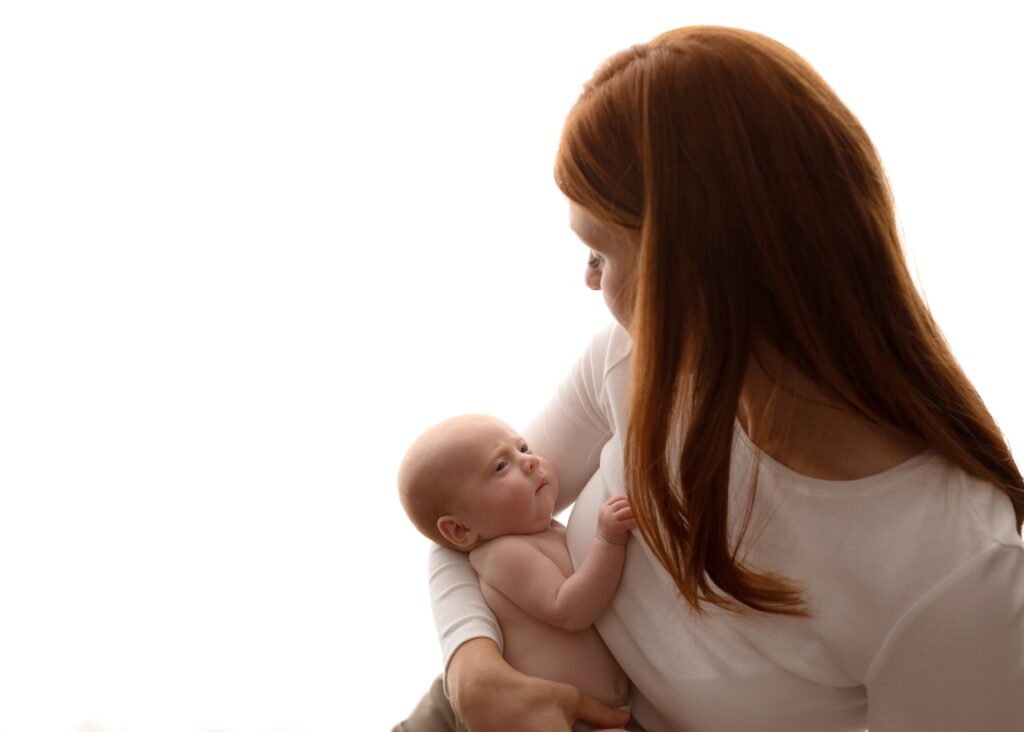
TOP 10 TIPS FOR YOUR BREASTFEEDING DIET
1) AVOID ALCOHOL
This is generally a no-brainer – you might be very tempted to have that post baby celebratory drink, but alcohol can not only affect your milk supply but it can also be passed to the baby in your milk.
It takes around 2-3 hours for a small glass of wine or beer to leave your system, so while alcohol is really best avoided altogether, a few units per week is unlikely to harm your baby, if you wait long enough between feeds.
2) LIMIT CAFFEINE
We get it, you’re exhausted!
This new mother role is hard work! And you’re probably surviving on very little sleep.
While a small amount of caffeine won’t affect your baby, experts recommend limiting your consumption to no more than 300 milligrams a day.
It’s also worth noting that caffeine is a stimulant and studies have shown some breastfed babies are affected by it – an over-stimulated baby won’t help you get more rest!
A good tip is to have your coffee directly after breastfeeding, so it has left your system by the time your baby is ready for their next feed.
3) BREASTFEEDING DIET TIPS: YOU MAY WANT TO HOLD THE SPICE!
If you love a bit of heat in your food, that’s fine, as there is very little evidence to suggest it affects your milk or your baby, however, should your baby suffer from gas, colic, diarrhoea or rashes, spicy food could be the culprit or could exacerbate the issues.
If your baby does suffer from any of those things, it is worth eliminating spicy food for a few days, to see if there is any improvement.
4) SOME SEAFOOD IS BAD!
- Swordfish
- Marlin
Avoid these as they both are very high in mercury which is not good for your newborn.
5) SOME SEAFOOD IS GOOD!
Although you should limit your seafood to no more than two portions a week, it’s a fab and healthy addition to your breastfeeding diet.
You can enjoy:
- Tilapia
- Shrimps
- Salmon
- Sardines
- Lobster
- Squid
- Scallops
- Clams
Variety is key!
6) BREASTFEEDING DIET TIPS: GO EASY ON THE SWEET AND HIGH-FAT OPTIONS!
It’s so tempting to fill up on empty calories.
Flavourful crisps are moreish!
Sugary treats and cakes are so tasty!
Due to how tired you feel, you may well crave them. But do try to remember they have very little nutritional value.
They won’t affect your milk or your baby, but if you go over the top with them, you may find yourself having ‘sugar rushes’ and crashes and give yourself headaches.
Pulses, wholegrains, oats, beans, and lentils are all great ways to add bulk and healthy calories to your meals. A fibre-rich diet is included for you and your baby’s good health.
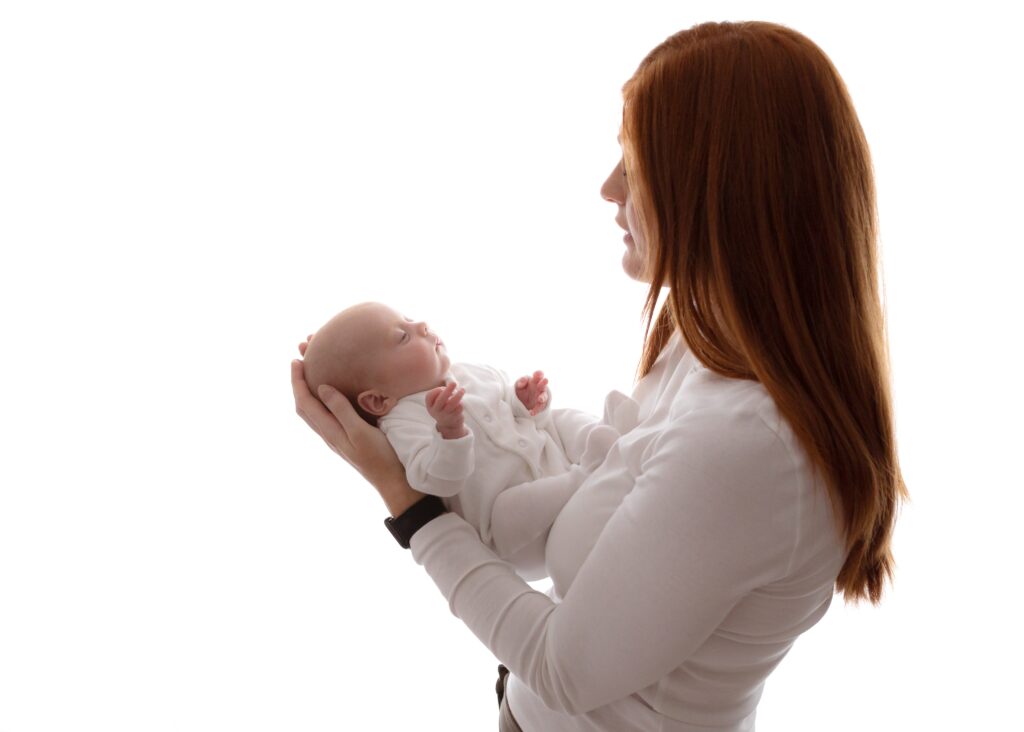
8) SNACK HEALTHILY – EAT LITTLE AND OFTEN
Breastfeeding Mums often find eating 2 big meals a day plus lots of healthy snacks throughout keeps their appetites at bay.
Nuts, fruit, oatcakes, veg sticks, cheese, crackers etc are all filling yet healthy options.
9) HIT THE VITAMIN B12
According to NHS guidance:
“Everyone, including pregnant and breastfeeding women, should consider taking a daily supplement containing 10mcg of vitamin D. From late March/April to the end of September, the majority of people aged 5 years and above will probably get enough vitamin D from sunlight when they are outdoors. So you might choose not to take a vitamin D supplement during these months.“
Pregnancy and birth can leave you lacking in Vitamin B12, which won’t help your tiredness!
Red meat can help replenish your supplies, however, if you are vegan a supplement may be necessary, to ensure you are both getting as much as you need to stay healthy.
10) BREASTFEEDING DIET TIPS: KEEP YOUR FLUIDS UP!
Your thirst will seem never-ending at times – it’s a good idea to make sure you have a big glass of water by your side during your feeds, but also keep your fluid intake high throughout the day too.
Some great options to stay hydrated are:
- Milk
- Juice
- Vegetable juice
- Water
- Eating fruits such as oranges, berries and watermelon
- Eating vegetables such as tomatoes, cucumber and lettuce
- Water
- Soup
Lastly though, do remember, you are doing an amazing job! Nourishing and feeding your baby as well as taking care of their day-to-day needs.
So, if you do fancy a piece of cake or a bag of your favourite crisps – go ahead!
You deserve it.
Charlotte Bass Photography – based in Bentley, Ipswich – specialises in newborn, baby and maternity photography for families in and around Ipswich.
Counting down the weeks to baby’s arrival? Discover more about my specialist Newborn Sessions!


